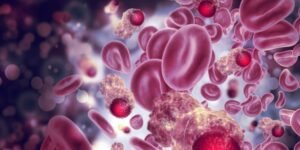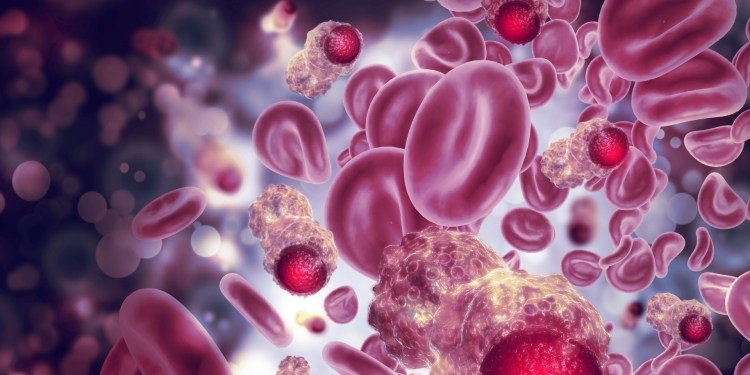The World Health Organisation (WHO) has reiterated the urgent need for improved awareness and healthcare infrastructure to combat the high incidence of sickle cell disease (SCD) in Nigeria. Despite ongoing efforts, limited understanding of the disease continues to fuel new cases, especially in underserved communities.
Sickle cell disease is a genetic blood disorder that distorts red blood cells, impairing oxygen delivery and causing severe health complications including pain, infections, and organ damage. World health organisation WHO estimates that approximately 5% of the global population carries haemoglobin disorder traits, mainly sickle cell and thalassemia. Each year, over 300,000 babies are born with severe forms of these disorders, with Nigeria recording around 150,000 births—the highest globally.

Raising awareness on sickle cell disease with World Health Organisation-backed education in a healthcare setting.
World health organisation (WHO) maintains that while these conditions are inherited, their health burden can be significantly reduced through comprehensive prevention, early diagnosis, and management strategies. Yet, Nigeria continues to witness low awareness levels, inadequate screening, and minimal psychosocial support, all of which contribute to the nation’s staggering sickle cell mortality rate. Over half of affected children die before the age of five—often from preventable causes.
Catherine Ajefu, founder of Hope at Dawn Foundation, highlighted the critical need for sustained interventions during a conversation with PT Healthwatch. She stated that many Nigerians, particularly in rural areas, lack access to accurate information and basic healthcare, resulting in avoidable suffering. Cultural misconceptions, such as labelling children with SCD as “Ogbanje” or “Abiku”, remain deeply rooted and hinder support for those affected.
READ ALSO: NGO Calls for Urgent Support Amid Rising Poverty and Global Hardship
Ajefu, herself living with sickle cell, emphasized that despite new policies—including the federal government’s recent expansion of screening services and plans to upgrade the Abuja-based Sickle Cell Centre of Excellence—there is little evidence of meaningful change at the grassroots level. “Many families can’t even afford folic acid, let alone advanced care,” she said.
The World Health Organisation continues to call for national and global collaboration to address this crisis. According to WHO, robust health education, government-backed funding, training of health workers, and access to medication are essential to reversing the current trend.
Ajefu added that while NGOs like hers are filling in the gaps—offering medications, genotype testing, and transfusion support—the demand far exceeds their capacity. “We are stretched thin,” she said, urging for urgent government action and sustainable investment. “These children deserve to live and thrive, not be forgotten.”
Through enhanced commitment, WHO believes Nigeria can significantly reduce sickle cell mortality and give patients a fair chance at life.


